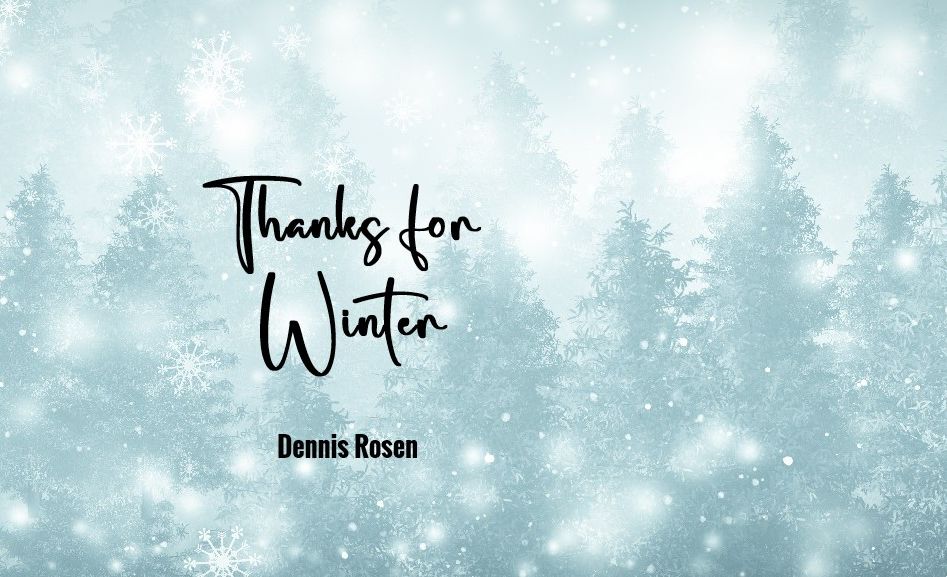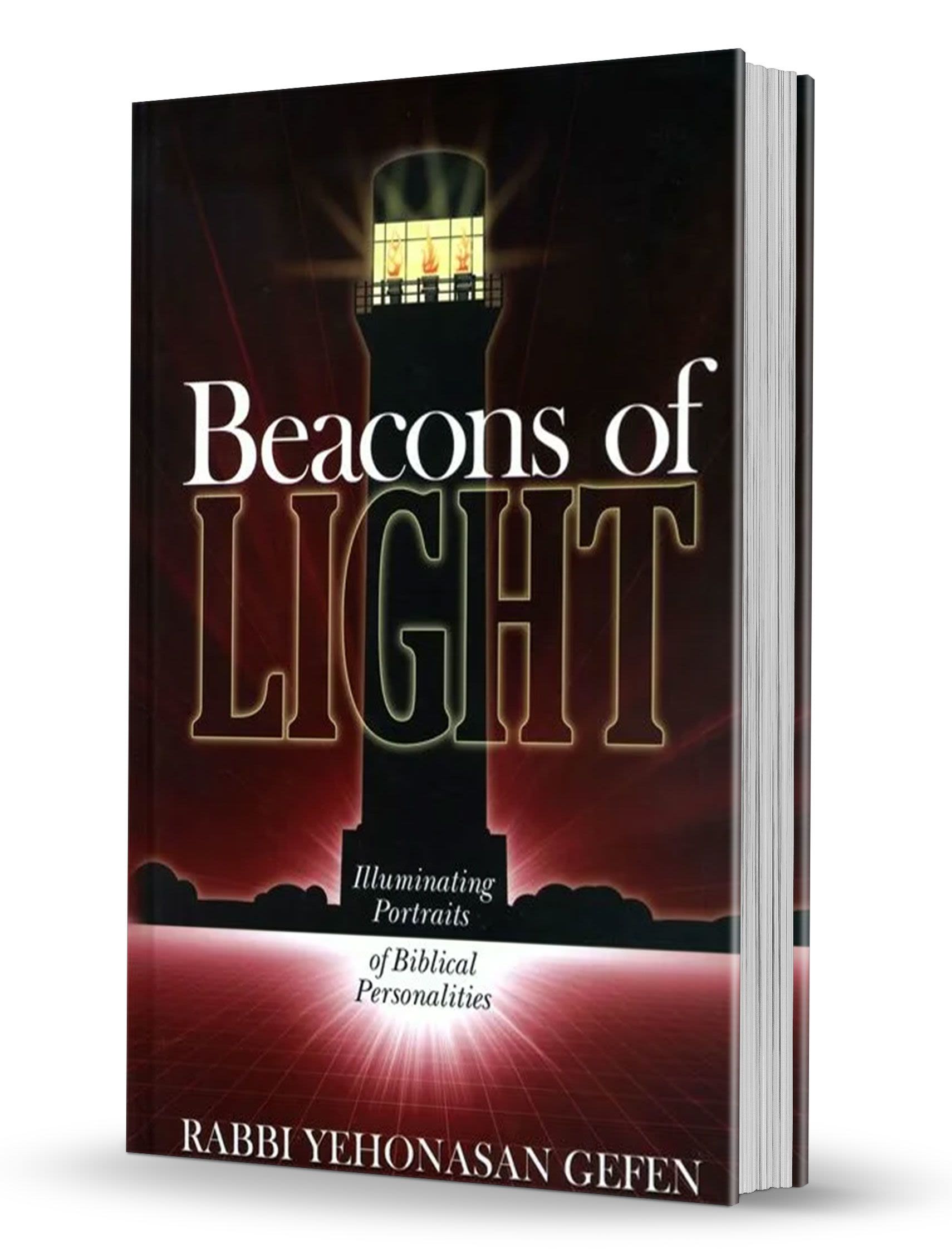
Preemptive Emuna
Like preventive medicine, the trick is to learn emuna when things are going well in our lives, and not wait until the tough times set in...

You’ve just pulled in the driveway, a busy mother of three. Entering the home, you are greeted with joy and kisses from your children who can’t wait to show you their A+ grades on their recent tests. Then you proceed to the kitchen and you feel the purse fall out of your hands and hit the floor. Your hubby has been slaving away, after taking the day off early from work, to help with all the mess left over from Shabbat dinner. The plates have all been washed and garbage cans have all been replaced. Even the pet cages have all been cleaned by both Daddy and the kids! The house smells like Gan Eden. You think to yourself, “A girl can get used to this!” To your amazement, this continues week after week…
This is truly a blessing, but what happens if she forgets this huge added miracle in her life? She becomes used to this and expects this to be the normal way of life. But in reality, it’s a message from Hashem, encouraging her to strengthen herself even more to be grateful for the gifts she has. But now the real work  begins, living with gratitude and not taking things for granted.
begins, living with gratitude and not taking things for granted.
Sometimes we suddenly fall into a windfall of blessings. More money, more friends, or more love. But we have to remember that these blessings are only a “sneak preview” of our true potential. When we suddenly feel that inertia of divine blessing slowing down, and challenges arise, how do we respond? Most people respond with despair and lack the tools to weather the changes, while others get to work.
Rabbi Akiva Tatz in his amazing book, “Living Inspired” offers insights into the meaning of inspiration through a Torah perspective. He describes that when the Jews were in Egypt, they easily gained Emuna by witnessing the 10 plagues. One after another it became clearer that there is a G-d, who looks out for and protects his children. This is similar to our own lives, when in the beginning things are going great, we all feel Him with us. We get married or start the new school year great, or we get accepted to medical school, or picked to be in an elite unit in the army. We all start these things believing they were special events. It’s the pleasure of a wonderful new beginning.
But let’s rewind to the story of the Exodus for a moment and see what happened once we crossed the Red Sea. WAR. Amalek, the Jewish nations’ eternal enemy came by surprise and attacked, killing many helpless elderly, women and children.
Rabbi Tatz goes on to explain a major question, how is it that there was all of this good, all of this Emuna, all of this trust in G-d and then something like the war with Amalek happens? Before we answer, let’s go deeper and ask, what is Amalek? Rabbi Shalom Arush shlit’a explains in his phenomenal work “The Garden of Gratitude” that Amalek has the same numerical value within the Hebrew language as the word “Sofek” meaning in English “doubt.” This leaves us asking, what does this all mean to you and me…?
Hashem gave us the miracles of Egypt to show us what level of trust we can reach as human beings, but these miracles were only a “sneak preview.” Once the initial miracle happens, we get back to real life. Where we have challenges, and have to earn our way. Along this difficult path we come upon many situations that tell us to give up. We say, “I married the wrong person,” “I don’t really want to become a doctor, it’s too hard,” “my officer is a jerk, I’m gonna quit.”
To gain Emuna we have to learn to walk on our own, just as a loving parent holds a child as they learn to walk, and then lets go, so does Hashem let go, and lets us grow through our own work. The minute we see the miracles happening such as great income, great kids, great husband we all believe. The minute that flash fades, it’s now the time to strengthen in Emuna and work for that level, to truly attain what we experienced previously as a gift.
We have to be ready for these downward slides, but if we fall, it’s paramount that we get back up and continue in a positive direction. As Rabbi Arush shlit’a mentions in his epic work “In Forest Fields,” the evil inclination rejoices when we fall into sadness, why? He mentions that when a person is saddened, he has no longer the inner strength to serve Hashem and continue making positive choices, furthering that person from his true potential. We have to remember that the troubles are there for us to draw closer to Hashem like a magnet is drawn toward iron. The trick is to do this when things are going well in our lives and not just in moments of real challenges.












Tell us what you think!
Thank you for your comment!
It will be published after approval by the Editor.